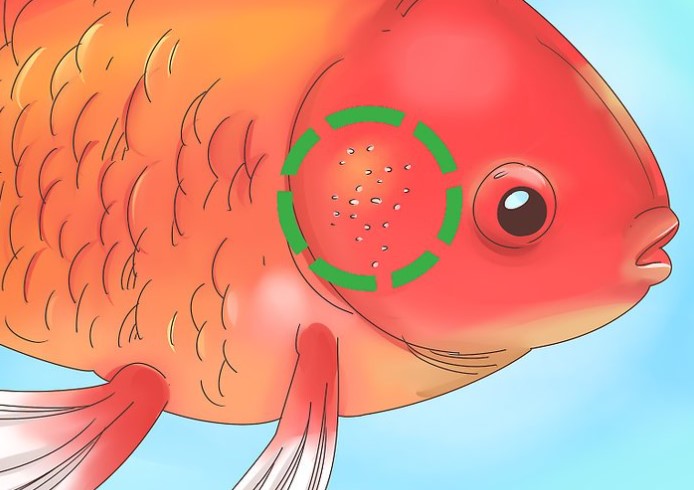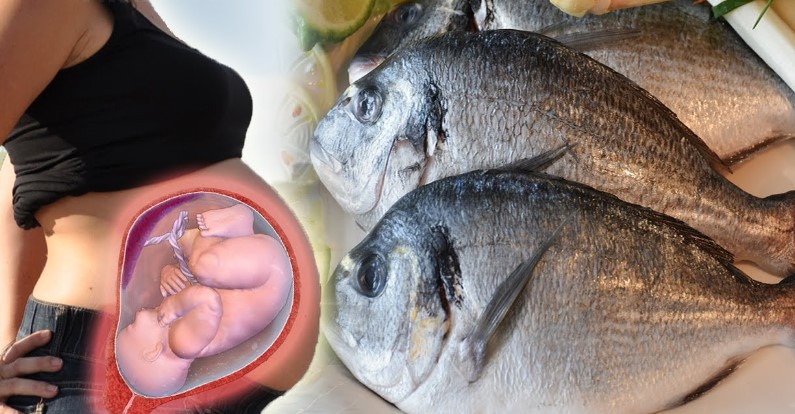You can eat goldfish if you’re not pregnant, but you should not eat them if you’re young or have a history of parasitic infection. The common goldfish, which are commonly sold as pet fish, are very nutritious and a great source of vitamins, minerals, and protein. However, if you’re looking to eat goldfish, you should avoid koi, which are highly prone to parasitic infections and can make you sick. Common goldfish are typically served deep-fried and crispy and accompanied by soups or noodle dishes.
Can you eat goldfish crackers when pregnant? Are they healthy for a pregnancy diet? Do goldfish crackers have anything nutritious for your baby?! It can be hard finding answers to these quesitons, but luckily we live in the modern age where people have blogs and write articles! This is one of them. Read on to find out what happens when you eat goldfish when you’re pregnant and how to improve your diet.

Pregnant women
While it is not recommended for a pregnant woman to eat goldfish, there is nothing wrong with consuming this small fish. Several studies have found the mercury content to be safe and beneficial for the fetus. EPA and FDA guidelines recommend eating low-mercury fish. If you can’t avoid fish altogether, try to limit the amount you eat to two or three servings a week.
Young children
Goldfish are an excellent source of calcium, protein, and omega-3 fatty acids. But while these foods are not ideal for babies, older kids can enjoy them. They contain selenium, a mineral important for your child’s immune system. However, if you do want to offer your child the classic goldfish cracker, you should switch to something lighter. Here are some other reasons why you should avoid serving Goldfish crackers to your child.
Pregnant women shouldn’t eat goldfish
There is a common myth that pregnant women should never eat goldfish. The truth is, however, much more complicated. First, pregnant women are at a higher risk for Listeria infections, especially those of Hispanic descent. This bacteria is present in the soil and water, and is sometimes transferred to raw fish during processing. If a pregnant woman eats goldfish while pregnant, the bacteria can pass through the placenta to the baby, which can result in premature delivery, miscarriage, or even stillbirth.
Wild goldfish are prone to parasitic infections
Many people think that goldfish are immune to parasitic infections, but this is simply not true. While goldfish are constantly exposed to bacteria, stress and poor water quality can activate them. The best treatment for goldfish disease is to clean the infected fish with non-iodized salt (two teaspoons per gallon) and use a razor blade to trim the infected fin. A Tetracycline bath solution should be given to the infected fish once a week and then a mild salt bath.

Is it safe to eat too many goldfish at once
While many people may think that goldfish are perfectly safe to eat, this is not the case. Goldfish are highly infectious and can carry diseases like mycobacteria. Getting sick from goldfish may cause joint pain, tendonitis, and even sepsis. It’s better to buy other fish that are not as expensive and have better nutritional value. If you’re still concerned, try to buy a goldfish tank with a lid.
Goldfish crackers have been a popular snack for decades, but is it safe to eat when pregnant? We’ve talked about what are goldfish crackers, are goldfish crackers healthy and whether or not seafood is safe during pregnancy. The benefits and concerns of eating seafood is that it can be high in mercury which is not good for your developing baby. Since fish tends to accumulate mercury the risk increases with larger fish. A safer choice is to choose fish ideally low on the food chain so that it doesn’t accumulate as much mercury.
Leave a Reply